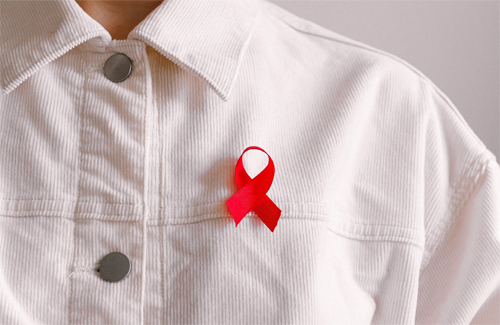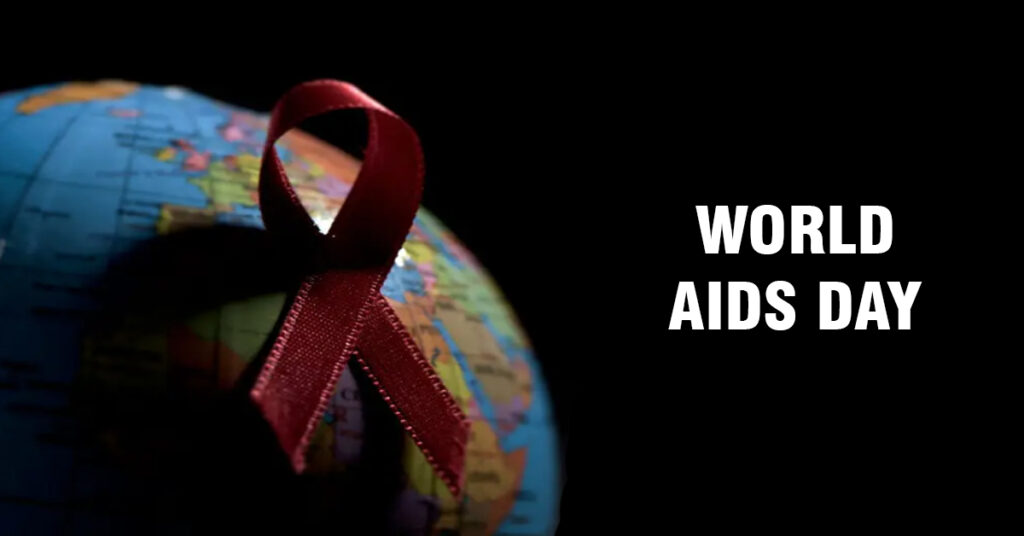Every year, on December 1st, the world comes together to commemorate World AIDS Day. This day serves as a reminder of the global fight against HIV/AIDS, a pandemic that has persisted for decades. It is a day to honor those who have lost their lives to AIDS-related illnesses, show support for those living with HIV, and renew our commitment to ending the epidemic. In this article, we will delve into the significance of World AIDS Day, the progress made in the fight against HIV/AIDS, and the challenges that still lie ahead.
The Origins of World AIDS Day:
World AIDS Day was first observed in 1988, making 2023 its 35th anniversary. The day was established by the World Health Organization (WHO) to raise awareness about HIV/AIDS and to mobilize support for those affected by the virus. Since then, it has grown into a global event, with governments, organizations, and communities worldwide participating in various activities to mark the occasion. The red ribbon, a symbol of solidarity and awareness, is worn on this day to show support for those living with HIV/AIDS and to remember those who have passed away.
Progress in the Fight Against HIV/AIDS:
Over the past three decades, significant progress has been made in the fight against HIV/AIDS. Advances in medical research and treatment have transformed HIV from a once-deadly disease into a manageable chronic condition. Antiretroviral therapy (ART) has extended the lives of millions of people living with HIV, and it also plays a crucial role in preventing the transmission of the virus. Additionally, efforts to reduce the stigma and discrimination associated with HIV/AIDS have gained momentum, helping individuals access testing and treatment without fear of judgment.

Challenges on the Horizon:
While there have been remarkable achievements in the battle against HIV/AIDS, many challenges still loom on the horizon. Access to treatment and prevention measures remains unequal, with marginalized communities often bearing the brunt of the epidemic. Stigma and discrimination continue to deter individuals from getting tested and seeking care. In some regions, funding for HIV/AIDS programs has stagnated or even decreased, threatening the progress made so far. New infections among certain populations, such as young people and key populations, remain a concern. To truly end the HIV/AIDS epidemic, concerted efforts are needed to address these challenges comprehensively.
Also Read: Celebrating 60 Years of Bharat Vikas Parishad and Hindi Diwas
The Importance of Education and Awareness:
Education and awareness are fundamental in the fight against HIV/AIDS. On World AIDS Day, numerous events and campaigns are organized to disseminate accurate information about HIV transmission, prevention, and treatment. This knowledge empowers individuals to protect themselves and others from the virus. It also helps break down the barriers of stigma and discrimination, fostering a more inclusive and understanding society. By continuing to educate people about HIV/AIDS, we can reduce new infections and ensure that those living with the virus receive the care and support they need.
World AIDS Day serves as a vital reminder of the ongoing battle against HIV/AIDS. While progress has been made, there is still much work to be done. By joining together on this day, we can raise awareness, support those affected by HIV, and work toward a future where HIV/AIDS is no longer a global health crisis.


